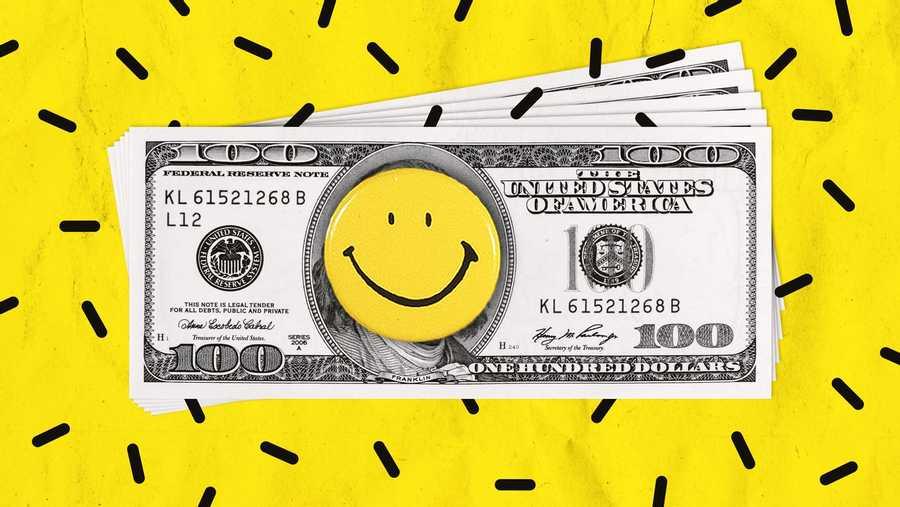Money And Happiness
The debate about how material belongings can get in the way of our happiness dates back hundreds of years:
- The Buddha talked about a balance between asceticism and pleasure.
- Early Christian monasticism preached spiritual transformation through simple living.
- Philosopher Lao Tzu warned that if you chase after money, “your heart will never unclench.”
Today, the question of whether money can bring us happiness remains a subject of intense debate.
197
1.78K reads
CURATED FROM
IDEAS CURATED BY
The idea is part of this collection:
Learn more about moneyandinvestments with this collection
How to break bad habits
How habits are formed
The importance of consistency
Related collections
Read & Learn
20x Faster
without
deepstash
with
deepstash
with
deepstash
Personalized microlearning
—
100+ Learning Journeys
—
Access to 200,000+ ideas
—
Access to the mobile app
—
Unlimited idea saving
—
—
Unlimited history
—
—
Unlimited listening to ideas
—
—
Downloading & offline access
—
—
Supercharge your mind with one idea per day
Enter your email and spend 1 minute every day to learn something new.
I agree to receive email updates
